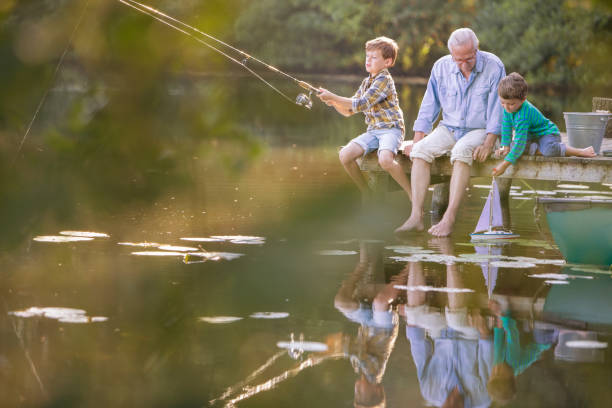Why Outdoor Recreation Is Important
This post contains affiliate links. I may earn a commission at no extra cost to you if you make a purchase. Note that I’m not a health or outdoor safety professional, so further research is advised. Your support keeps Outdoors A-Z running—thank you! Read the full disclosure.. Read the full disclosure here.
In a world filled with digital distractions, the call of the great outdoors remains a powerful antidote to the stresses of modern life. Let’s explore the myriad reasons why engaging in outdoor recreation is not just a leisurely pursuit but a crucial component of a healthy and fulfilling lifestyle.
Table of Contents
Unveiling the Essence of Outdoor Recreation
Outdoor recreation encompasses a diverse range of activities that take place in natural settings, providing individuals and families with opportunities to connect with nature, promote physical well-being, and foster social connections.
Benefits of Engaging in Outdoor Activities
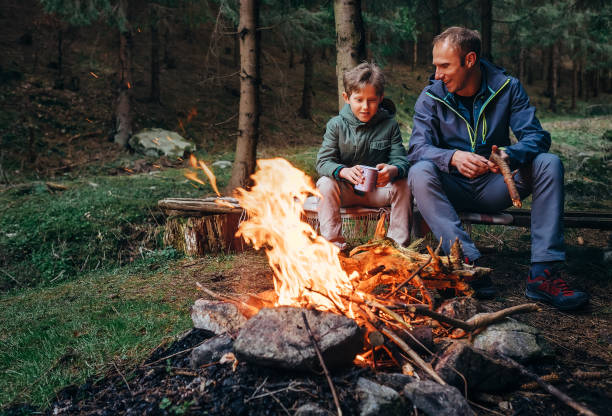
Physical Health Benefits
Improving Cardiovascular Health
Outdoor activities like hiking, cycling, and jogging contribute to cardiovascular health by promoting heart strength and circulation.
Enhancing Strength and Endurance
Activities such as rock climbing and kayaking challenge and enhance physical strength and endurance.
Boosting Immune System
Exposure to fresh air and sunlight during outdoor recreation can strengthen the immune system, contributing to overall well-being.
Mental Well-being
Stress Reduction and Relaxation
The tranquility of nature provides a perfect backdrop for stress reduction and relaxation, offering a break from the hustle and bustle of daily life.
Enhanced Mood and Reduced Anxiety
Sunshine and natural surroundings have been linked to improved mood and reduced anxiety levels, contributing to better mental health.
Cognitive Benefits of Outdoor Recreation
Engaging in outdoor activities has cognitive benefits, such as improved concentration, creativity, and problem-solving skills.
Social Connections
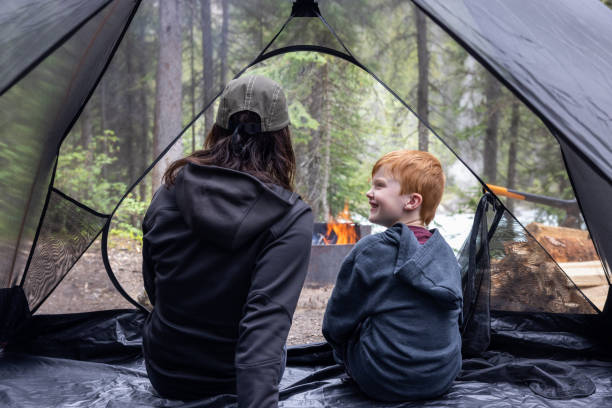
Strengthening Family Bonds
Participating in outdoor activities as a family promotes quality time, communication, and the creation of shared memories.
Building Friendships and Community Ties
Group activities like hiking clubs or community events foster the development of friendships and community ties.
Promoting Social Inclusion
Outdoor spaces provide an inclusive environment, promoting social interaction among people of diverse backgrounds and abilities.
Connecting with Nature
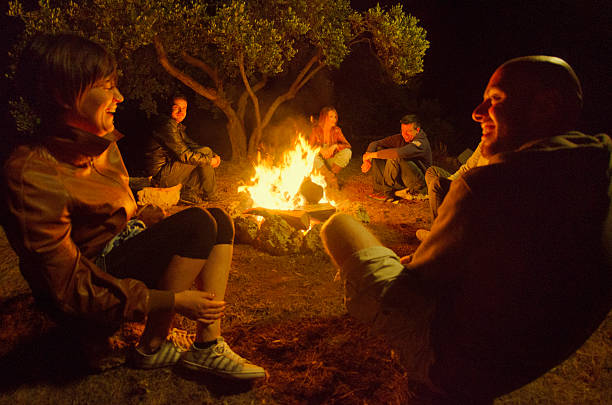
Nature’s Impact on Mental Health
Spending time in nature has a therapeutic effect, reducing symptoms of stress, depression, and improving overall mental well-being.
Appreciating Biodiversity and Conservation
Engaging in outdoor recreation promotes an appreciation for biodiversity and encourages a sense of responsibility towards environmental conservation.
The Therapeutic Effect of Green Spaces
Green spaces have been proven to have a therapeutic effect on mental health, contributing to reduced stress and increased well-being.
Types of Outdoor Recreation
Hiking and Nature Walks
Walking in nature offers a low-impact exercise, accessible to all fitness levels.
Camping Adventures
Camping provides an immersive experience in nature, fostering self-reliance and an appreciation for the outdoors.
Water-based Activities: Boating, Fishing, and Swimming
Water activities offer a refreshing way to enjoy the outdoors, combining exercise with relaxation.
Adventure Sports: Climbing, Cycling, and More
For thrill-seekers, adventure sports provide an adrenaline rush while promoting physical fitness.
Tips for Getting Started
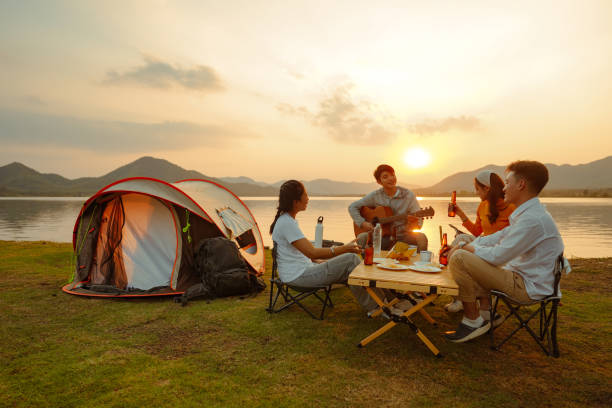
Choosing Activities Suited to Your Preferences
Select outdoor activities that align with your interests and fitness level for a more enjoyable experience.
Essential Gear and Preparation
Ensure you have the necessary gear and plan ahead to make the most of your outdoor adventures.
Safety Measures and Responsible Recreation
Prioritize safety by following guidelines, informing someone about your plans, and respecting the environment during your outdoor activities.
Overcoming Challenges
Addressing Concerns About Safety
Understanding and adhering to safety guidelines can alleviate concerns and ensure a secure outdoor experience.
Overcoming Time Constraints
Incorporate outdoor activities into your routine, even with time constraints, to enjoy the benefits of nature.
Creating a Balance with Indoor Activities
Finding a balance between indoor and outdoor activities is key to maintaining a holistic approach to well-being.
Final Thoughts
Embrace the outdoors as a canvas for adventure, relaxation, and connection. Outdoor recreation is not just a leisure choice but a pathway to a healthier, happier life. As you explore the world outside, you contribute to a culture that values the profound impact of nature on our physical and mental well-being.
FAQs About Why Outdoor Recreation Is Important
How often should I engage in outdoor activities for optimal health benefits?
Aim for at least 150 minutes of moderate-intensity outdoor activities per week to reap the full spectrum of health benefits.
Can outdoor recreation help alleviate symptoms of mental health conditions?
Yes, spending time in nature has been shown to reduce symptoms of stress, anxiety, and depression, contributing to improved mental well-being.
Are there outdoor activities suitable for all age groups?
Absolutely! From gentle nature walks for seniors to more adventurous activities for younger individuals, outdoor recreation caters to all age groups.
How can I encourage my family to participate in outdoor activities?
Make it a fun and inclusive experience. Choose activities everyone can enjoy, and emphasize the positive impact on physical and mental health.
What’s the importance of accessible outdoor recreation?
Accessible outdoor recreation ensures that everyone, regardless of physical abilities, can enjoy the health and social benefits of outdoor activities.

